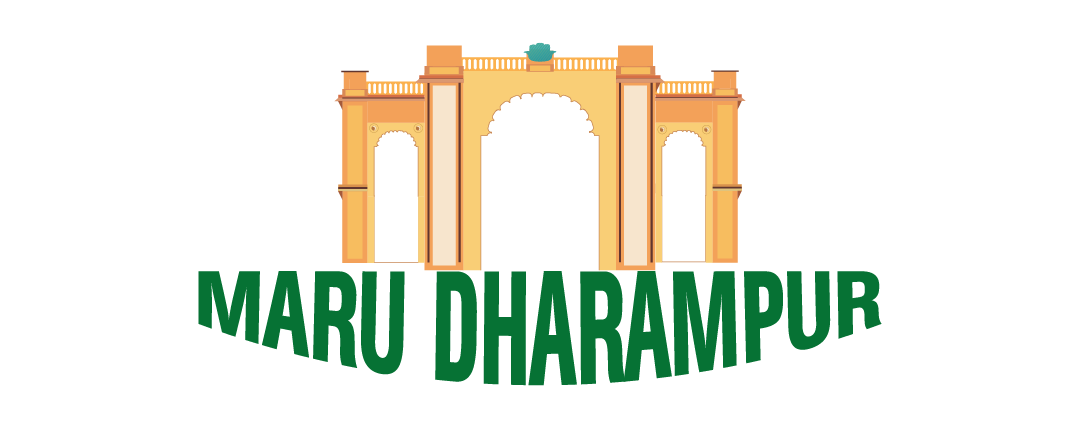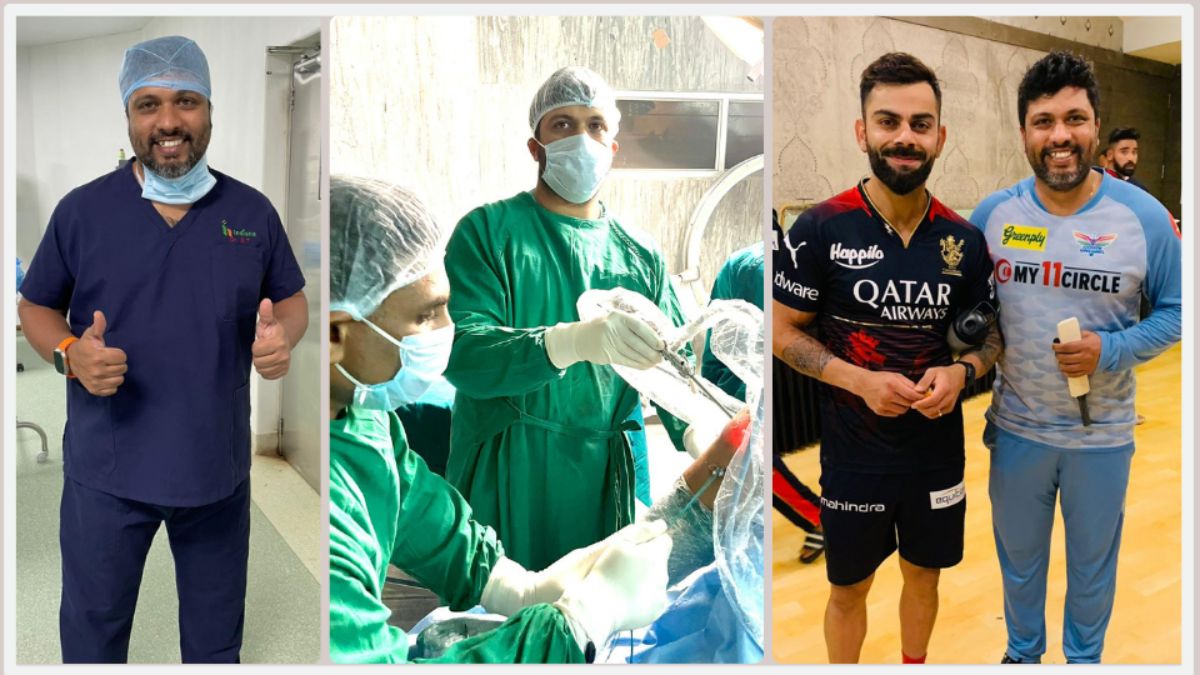Dr. Nelson Pinto
Lucknow (UP) [India], November 30: Athletes, especially those engaged in high-impact sports like football, basketball, volleyball, tennis, badminton, skiing, soccer, and cricket, are no strangers to the risks associated with ACL (Anterior Cruciate Ligament) injuries. This exploration delves into the multifaceted aspects of ACL injuries, from modes of injury to risk factors, types of tears, clinical presentations, and crucial information on prevention and treatment.
Modes of ACL injuries are often categorized into non-contact (70%) and contact (30%) incidents. The modes of injury include jumping, landing, pivoting, and rapid changes in direction, leading to a valgus and internal rotation of the knee. Understanding these modes helps athletes and medical professionals alike in developing preventive measures.
Several factors contribute to the vulnerability of athletes to ACL injuries. These include high friction between shoes and playing surfaces, a narrow intercondylar notch of the knee, poor ankle musculature, and an inadequate hamstring-quadriceps ratio. Females, in particular, face a higher risk due to structural differences and neuromuscular patterns.
Females are reported to be 2 to 9 times more susceptible to ACL injuries. This heightened risk is attributed to anatomical differences, increased laxity in the knee, and neuromuscular patterns. Women tend to land with a collapsing knee pattern, increasing the risk of injury.
MRI knee assessments help categorize ACL tears into three grades: Grade 1 (stretch/oedema), Grade 2 (partial tear), and Grade 3 (full tear). Avulsion injuries, where the ACL tears along with a piece of bone from tibial or femoral attachment, may be associated with other structural damages.
Pain, instability, swelling, and difficulty in walking are common symptoms. Clinical examination involves specialized tests such as the Anterior Drawer, Lachman’s, and Pivot Shift tests, aiding in accurate diagnosis. X-rays and MRI knee scans are crucial for identifying avulsion injuries and assessing the extent of ACL tears, guiding the treatment plan. While Grade 1 injuries can be managed conservatively, Grade 2 and 3 injuries often necessitate ACL surgery in athletes. The choice between conservative and surgical approaches depends on the athlete’s individual circumstances and the risk to other knee structures.
Practicing good techniques, avoiding fatigue during workouts, enhancing core strength, maintaining a balance between strength and flexibility, and focusing on neuromuscular programming is essential in preventing ACL injuries. Arthroscopic ACL reconstruction offers various graft options, including patellar tendon grafts (BTB), quadriceps tendon grafts, hamstring tendon grafts, and allografts. The choice of graft depends on the athlete’s sport, position, and previous injury history.
Return to play after ACL reconstruction may take 7 to 9 months, with careful attention needed between the 3rd and 9th months to avoid re-injury. Graft strength varies over time, emphasizing the need for meticulous rehabilitation during this critical period. The choice of graft depends on the athlete’s sport and injury history. Patellar tendon grafts provide bone-to-bone healing but have a longer recovery time, while hamstring grafts offer more flexibility with tendon-bone healing. Allografts, though faster to recover, carry a higher risk of re-injury.
Understanding ACL injuries is crucial for athletes and healthcare professionals alike. By identifying risk factors, employing preventive strategies, and choosing the right treatment approach, athletes can navigate the challenges of ACL injuries and strive for a successful return to their sport.
Dr. Nelson Pinto is a distinguished Consultant Orthopaedic Arthroscopic Surgeon and Sports Injury Specialist. Currently, he serves as the Team Doctor and Head of Medical Services at Lucknow Supergiants (LSG), Durban Supergiants (DSG), and Mohun Bagan Supergiants (MBSG). With a notable tenure as the former Head of Medical Services at FC Goa, Dr. Pinto brings a wealth of expertise to sports healthcare. His consulting roles include Jayashree Hospital (Mangalore), Indiana Hospital and Heart Institute (Mangalore), Hands-On Clinic (Bangalore), Physiotherapeutics (Goa), and the Sports and Spine Clinic (Karwar). For direct contact, you can reach Dr. Pinto at 9964583163.
If you have any objection to this press release content, kindly contact pr.error.rectification@gmail.com to notify us. We will respond and rectify the situation in the next 24 hours.

